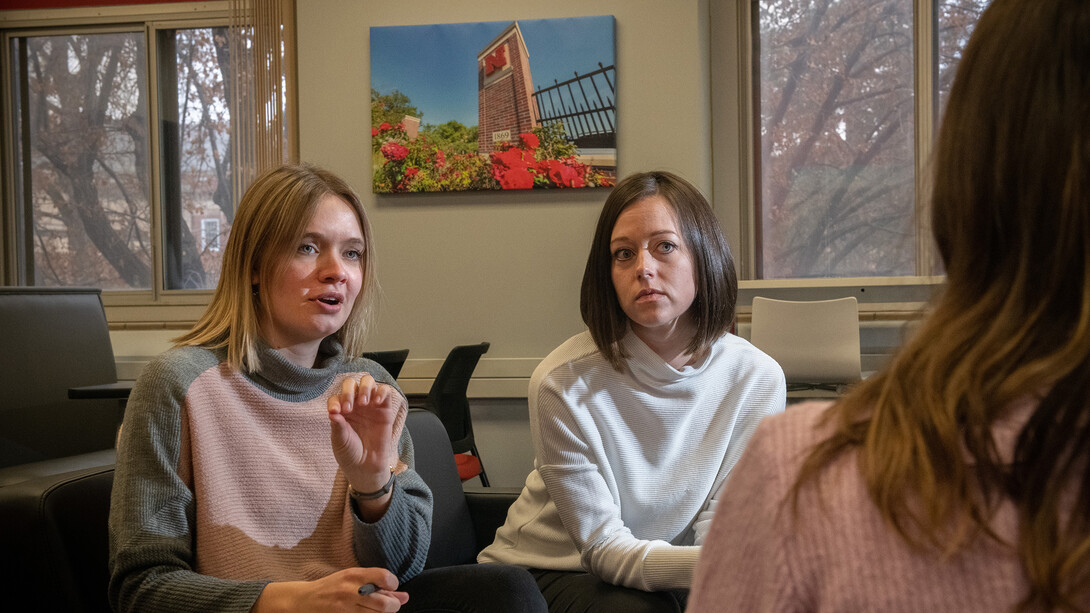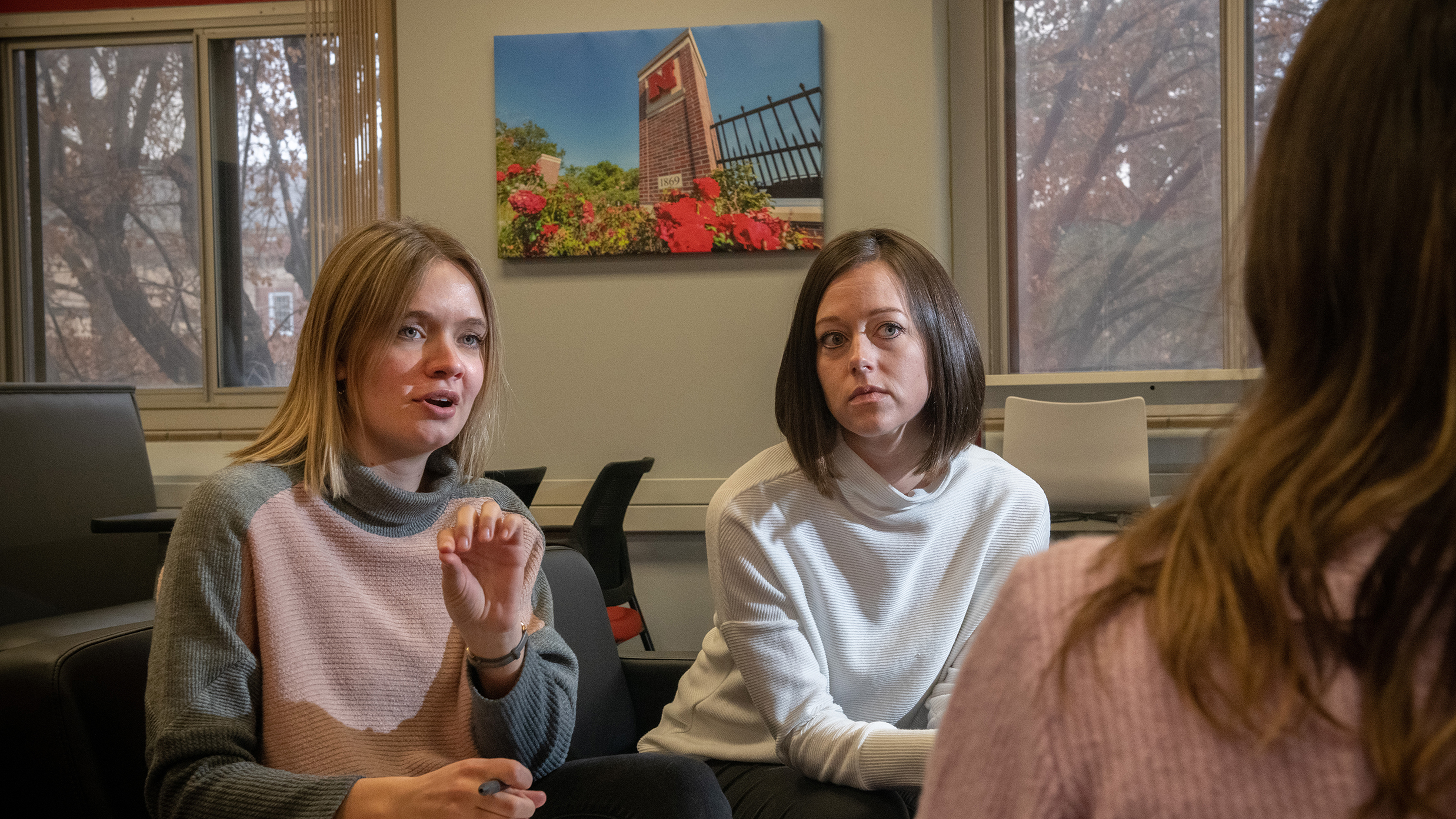
Past research has long established that co-dependency and enabling behaviors are detrimental, but a new study from the University of Nebraska–Lincoln suggests well-intentioned, healthy support from an intimate partner can be counterproductive when not guided by a professional counseling process.
Husker psychologist Rebecca Brock and graduate student Frances Calkins studied a sample of 59 low-income outpatients — individuals receiving psychological counseling in an outpatient setting — and found that those with a history of alcohol dependence were actually more likely to drink alcohol if they were receiving frequent and high-quality support from partners.
“We think of social support as a good thing, and going into the study, we expected that positive partner support would reduce alcohol use, but as we drilled down into the most recent literature, there has been research that found even healthy support can have a dark side,” said Brock, assistant professor of psychology and clinical psychologist.
Brock and Calkins emphasized that partner support is a strong component of treatment and recovery. This novel line of research in Brock’s Family Development Lab is highlighting the need for professional counseling to guide partner support.
“This suggests that it might be beneficial to include an intimate partner in the counseling process to help identify types of support that will help promote recovery and growth,” Brock said.
The study was conducted through in-person interviews and a questionnaire completed each day during a two-week span. Brock and Calkins measured the quantity, quality and adequacy of support from intimate partners, as well as alcohol use and feelings of well-being.
Calkins’ and Brock’s findings align with recent research suggesting that for individuals specifically experiencing mental health concerns, such as depression, anxiety or substance abuse, well-intentioned efforts to be supportive from intimate partners might be hurtful.
“In much of the past research, partner support and enabling have been studied as separate things, but there’s evidence starting to emerge that there is more overlap than we’ve given credit to before,” Brock said.
The harm may manifest in several ways, the researchers said. A person struggling with substance abuse and additional mental health concerns may lean on a partner for emotional support instead of finding healthy ways to cope themselves.
“Also, someone might think they have a strong support system, but they might not be receiving the help they actually need,” Brock said. “This points to the importance of seeking out professional help, for example through counseling.”
Calkins said research going forward could center on how different types of support affect behavior.
“As researchers, we need to dive in a little bit more on support and figure out in what ways does support go well, and then in what ways does support serve a negative outcome,” Calkins said.
Brock’s research team is continuing to examine partner support and is preparing a new study in rural populations. The research is funded by the Minority Health Disparities Initiative at Nebraska.
“Partner support is very central to my research program,” Brock said. “I’m interested in how couples navigate shared versus unique stressors. For example, we’re preparing a new pilot examining the experiences of sexual and gender minority couples living in rural Nebraska, including how partners provide support to one another in response to discrimination and stigmatization, and how that impacts their health.”








